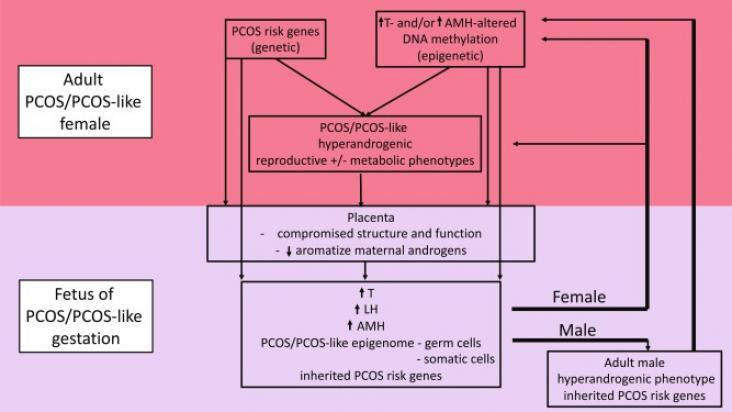An Article on the impact of the COVID-19 pandemic on the global prevalence of depressive and anxiety disorders in 2020, in the context of SDG 3, highlighting the need for mitigation strategies to promote mental wellbeing and target determinants of poor mental health.
Elsevier,
Hematology/Oncology Clinics of North America, Volume 35, Issue 6, December 2021, Pages 1181-1196
This content links with Goal 3: Good health and well-being and Goal 10: Reduced Inequalities by providing insights on rare coagulation factor deficiencies.
Climate change is both an important social determinant of health (SDH) and a worsening public health threat. Though a warming climate threatens everyone, pediatric populations are particularly vulnerable.
Elsevier,
Handbook on the Toxicology of Metals (Fifth Edition), Volume I: General Considerations, 2022, Pages 137-182
In this chapter, we review the relevant scientific literature providing insights on health-related effects caused by inhalation of particulate metals, and their potential causal pathways.

For International Day of Persons with Disabilities 2021, Stacy Masucci, publisher for bioscience and translational medicine at Elsevier speaks to Richard Mankin and Kate Nash about the challenges, barriers and opportunities for people who live with disabilities in the context of the global pandemic.
The high rate of SARS-CoV-2 infection poses a serious threat to public health. Previous studies have suggested that SARS-CoV-2 can infect human ovary, the core organ of the female reproductive system. However, it remains unclear which type of ovarian cells are easily infected by SARS-CoV-2 and whether ovarian infectivity differs from puberty to menopause.
This book chapter advances SDG3 Good Health and Wellbeing and SDG 10 Reducing Inequalities by reviewing existing literature examining youth with disabilities involved in cyberbullying and/or cybervictimization.
This chapter aligns with the SDG goal 3 of good health and wellbeing by showing the use of senolytic therapies for liver disease and inflammation.
The authors' goals of this study (associated with 13 dietary patterns or scenarios) are to assess 1) to what extent current food utilization in Indonesia (2 patterns) provides for meeting health and nutrition targets and how its GHGe (greenhouse gas emissions) and water footprints compare to global targets; and 2) how alternative dietary scenarios, optimized to meet nutrient needs at the lowest possible cost (7 scenarios) or designed to be more healthy and environmentally friendly (4 scenarios), compare to current food patterns for nutrient content, agricultural contributions to climate change, and freshwater conservation, as well as cost.
Elsevier,
Polycystic Ovary Syndrome, Challenging Issues in the Modern Era of Individualized Medicine, 2022, Pages 23-38

Focuses on the evidence for PCOS pathogenesis in women and underlying molecular gateways enabling its development during hyperandrogenic gestations in animal models. Support the SDG target 3.7.1 Proportion of women of reproductive age (aged 15–49 years) who have their need for family planning satisfied with modern methods.
